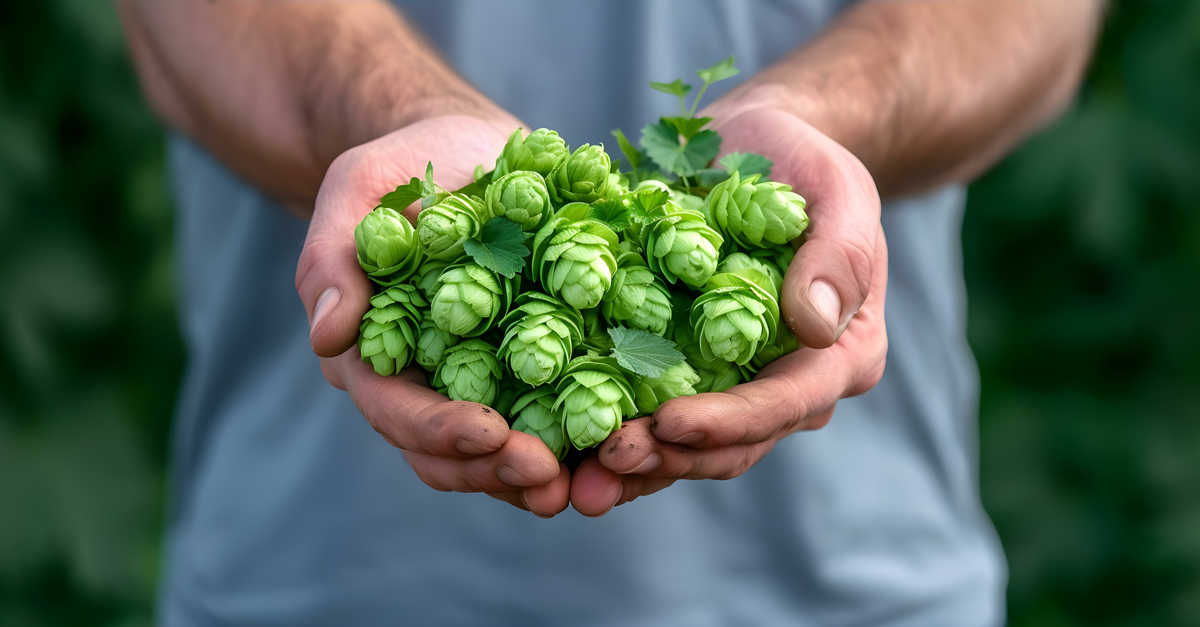By Justin Nolan, Project Director, UNC Environmental Finance Center
As discussed in a previous blog post entitled, As the Craft Beer Industry Grows in North Carolina, the UNC EFC is Helping Breweries Minimize Their Environmental Footprint, the craft brewing industry is a fast-growing economic force in North Carolina. The craft brewing industry’s positive economic benefits do not negate its potentially harmful environmental impacts. Unregulated beer production often produces significant waste by-products, wastewater effluents, and harmful chemicals, leading to high treatment costs for water utilities and unprepared communities. Effluents with suspended solids can strain treatment facilities. At the same time, energy consumption and harsh cleaners add to environmental concerns, especially in low-income, rural areas that rely on craft breweries for economic and social benefits. However, the craft brewing industry doesn’t have to be an environmental burden for local water utilities. Many breweries are already implementing solutions to reduce their environmental impact. This blog post will explore some solutions, such as reusing solid waste, reducing water use, and adopting less hazardous cleaning agents. These efforts show the brewing industry’s potential for positive change and offer hope for a more sustainable future.
Solid Waste By-products
Craft breweries generate a significant amount of solid waste as a by-product of the brewing process. This waste falls into three main categories:
- Spent Grain: This is left over after wort production and created by mashing and separating grain husk material. Many breweries dry spent grain and sell or donate it to farmers, who use it as a food additive for cattle, pigs, goats, and poultry. The nitrogen-rich grain is essential for livestock dietary health, and animals enjoy it.
- Hot Trub: This protein precipitate forms when the brew is boiled. Due to its unique chemical content, hot trub is often used as an agricultural fertilizer and has also found use in the food industry as an alternative source of vegetable protein.
- Residual Brewer’s Yeast (RBY): This by-product is an excellent source of antioxidants for cattle.
Sierra Nevada Brewing Co. in Mills River, NC, is an excellent example of a craft brewer reusing almost 100% of its solid waste. They find local agricultural users for their spent grain and use much of their waste in gardening and landscaping projects on-site at the brewery.
Reduce Water Usage
Brewers are increasingly aware of the large amount of water their businesses use and are working to reduce it. As our Pollution Prevention program has expanded and the EFC has engaged with more breweries, it has become clear that reducing water use is a top priority. Brewers focus on this not only to cut costs but also to avoid environmental waste. There is strong motivation in the industry to use as little water as possible, as water efficiency benefits everyone. As Matt Gacioch of the Brewers Association has said, “A moral imperative has historically driven sustainability.”
Some breweries, like Sierra Nevada Brewing Co., have become leaders in this movement. Others, like Seismic Brewing in Santa Rosa, California, also boast extremely low water-use ratios. The National Brewers Association has released a guide entitled “Water and Wastewater: Treatment/Volume Reduction Manual” to get brewers started. There is significant potential for reducing water usage in brewing, as many brewers still use more than 8 gallons of water for every gallon of beer produced. However, enormous strides have already been made and continue to be made in the effort to reduce water consumption.
Reduce “Forever Chemicals” Usage
Lastly, concerns about PFAS, or “forever chemicals,” have highlighted the environmental threat posed by harmful cleaning agents in the water supply. This issue is especially critical in towns where the local water utility is already struggling to treat its water adequately. Breweries often use caustic chemicals like sodium hydroxide to clean after production, which can be dangerous for users and harmful to the local water supply. Merrimack Ales in Lowell, Massachusetts, partnered with the Toxic Use Reduction Institute at UMASS Lowell to improve their cleaning methods and reduce the use of problematic substances. After a three-phase testing process, Merrimack switched from using SaniClean (a solution of phosphoric acid and sulfonated oleic acid) to NaDCC disinfectant tablets, which create hypochlorous acid. This change reduced worker exposure to phosphoric acid, a substance that can irritate the skin and eyes and has been linked to congenital disabilities and organ damage. The switch was cost-neutral, lowered the brewery’s environmental impact, and made their workplace safer. These opportunities are available to breweries across the country, and increasingly, breweries are becoming aware of the impact of cleaning products and are adjusting their practices accordingly.
The craft beer brewing industry in America, especially North Carolina, is rapidly growing. Its impact is cultural, social, and environmental. Brewers are increasingly aware of their influence on the water supply and their responsibility to protect natural resources. From hop farms to brewpubs, they are proactively learning and implementing best practices in water use, solid waste disposal, and chemical safety. Adapting to a changing world, they are making a positive impact one brew at a time. Their commitment and actions should inspire us all to help preserve our environment.
Need technical assistance? The UNC Environmental Finance Center is here to help!
The Environmental Finance Center at UNC-CH offers free one-on-one technical assistance for small water systems. If you are interested in our support, fill out our Technical Assistance Request Form or contact us at efc@sog.unc.edu.


